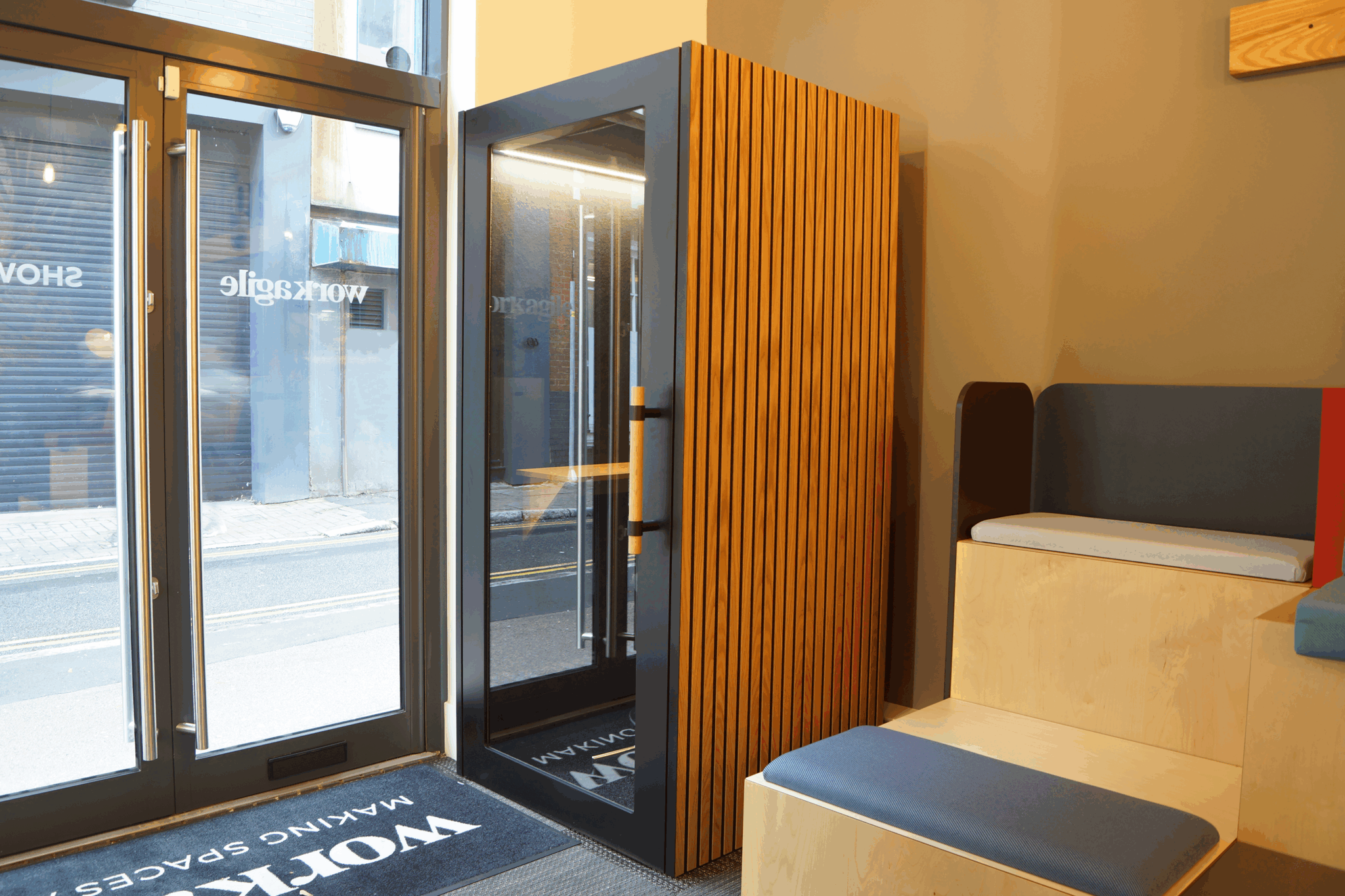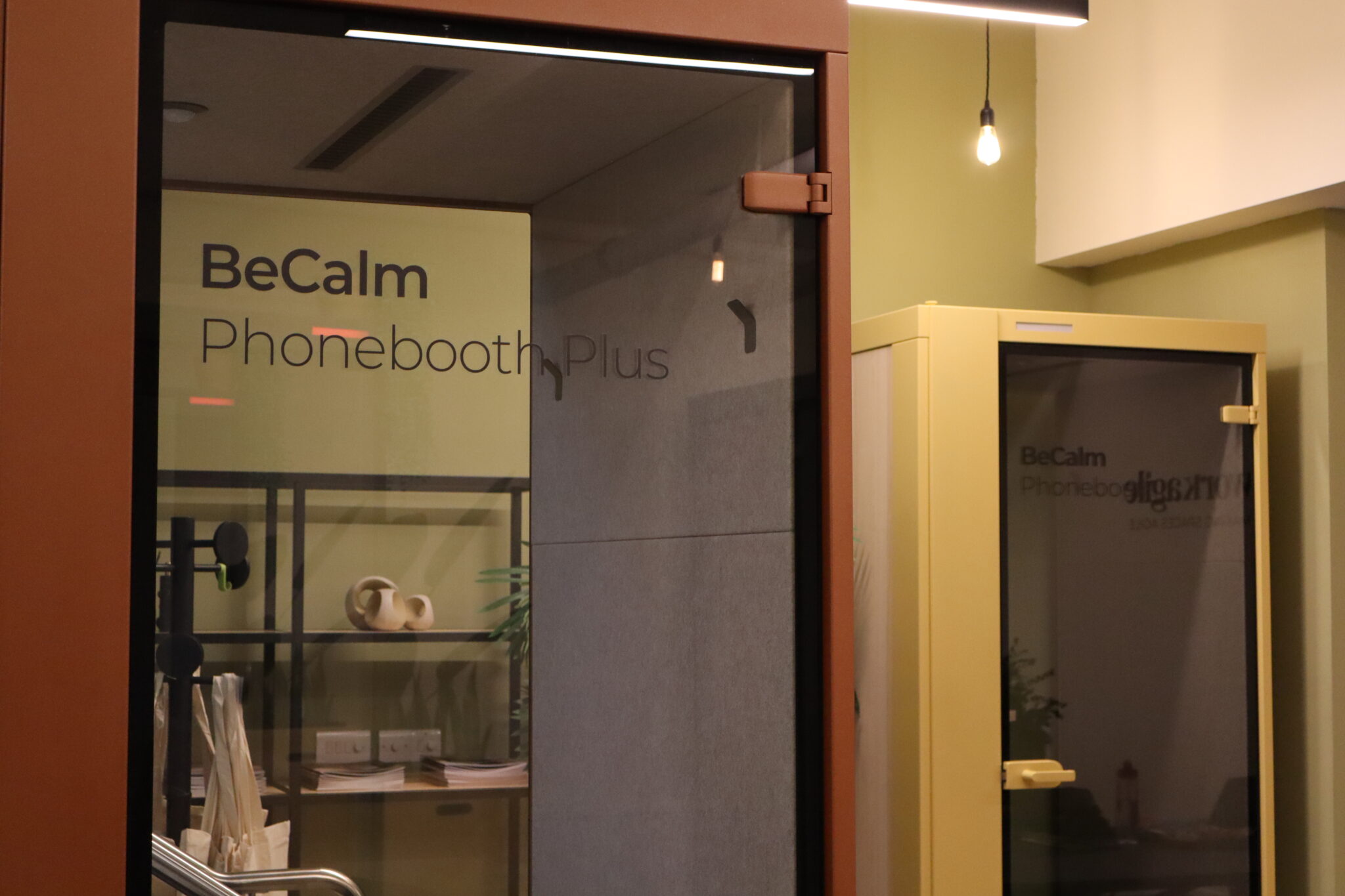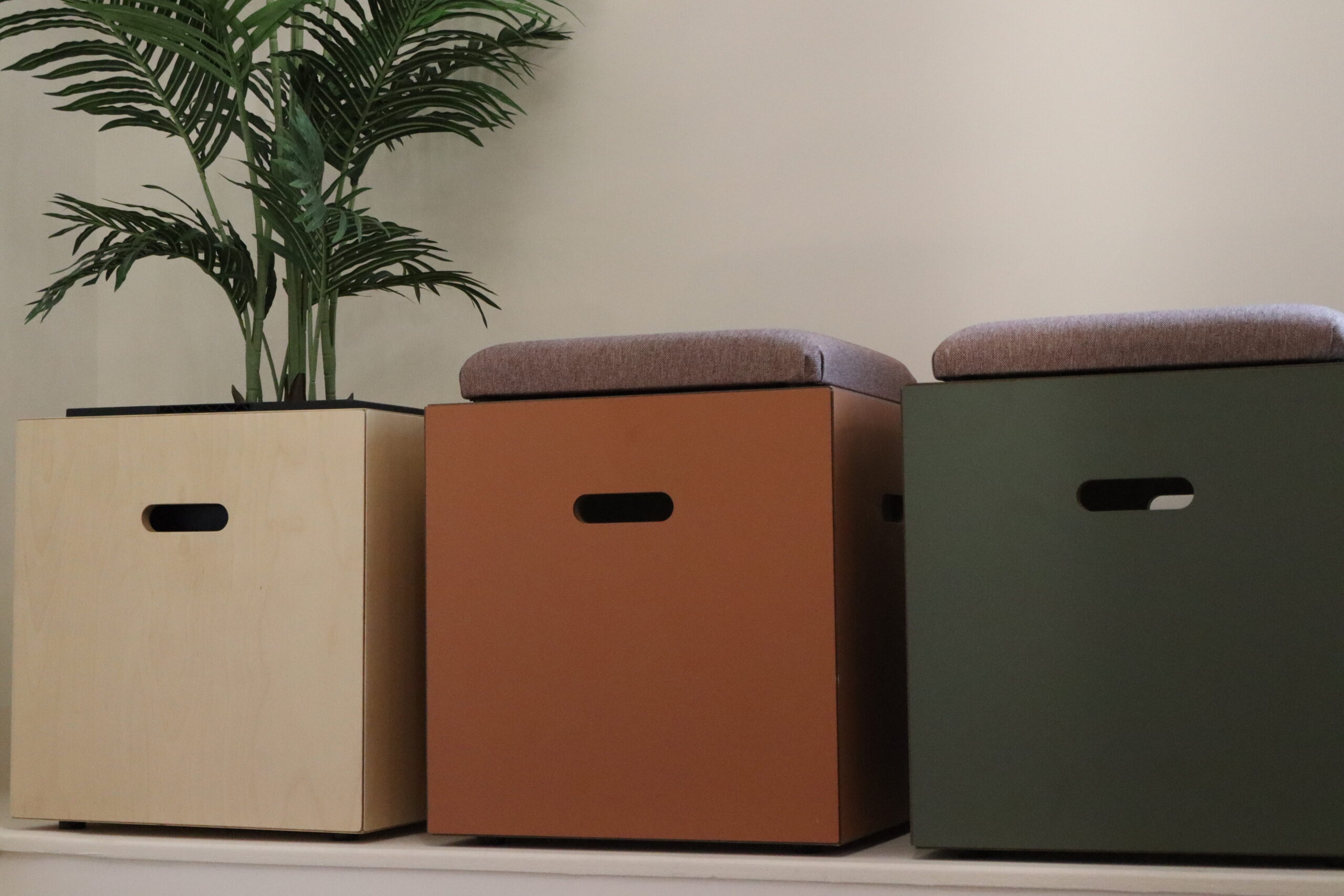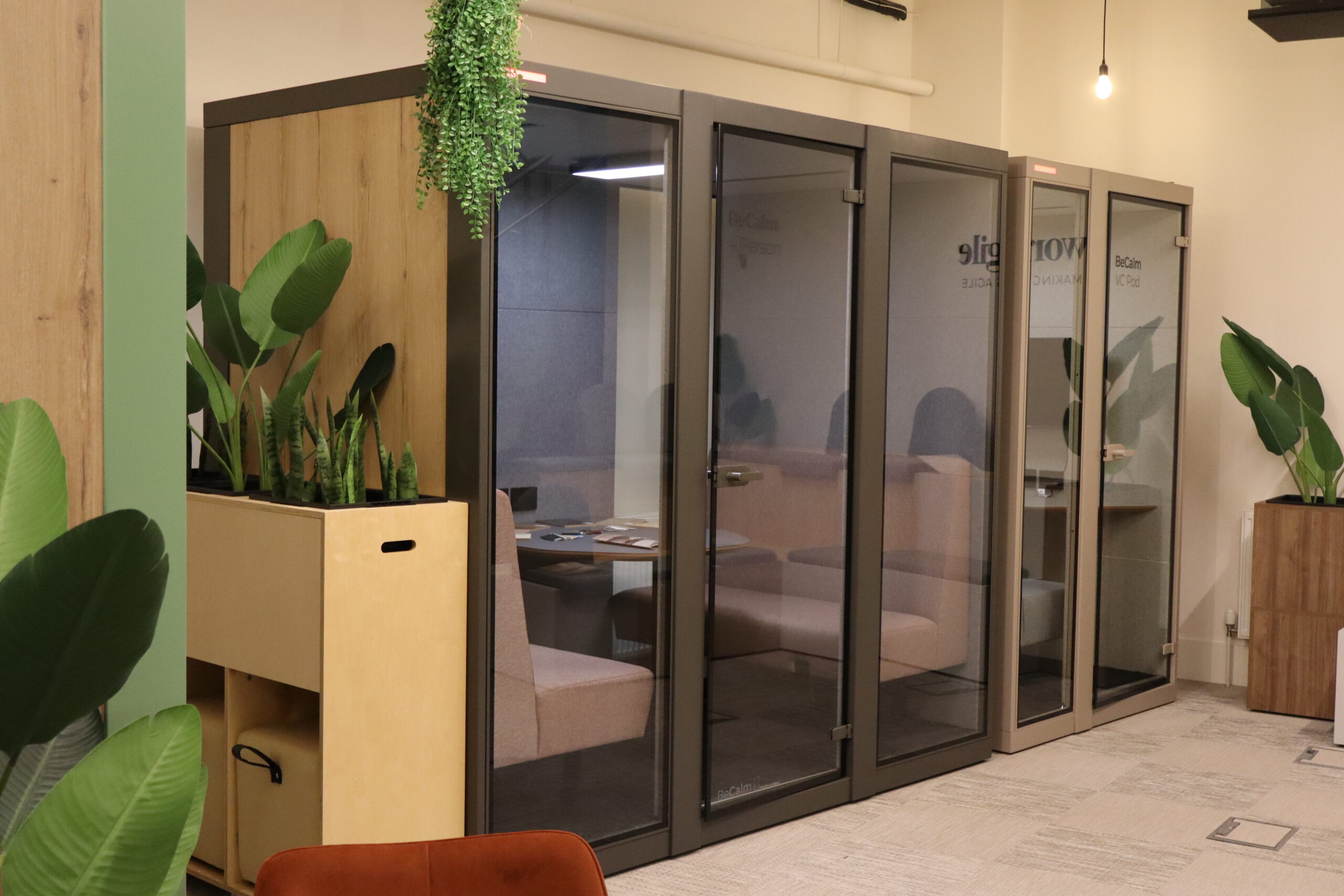Everyone is aware of the ever-growing importance of sustainability. The act of protecting our environment and incorporating corresponding actions is a universal project. Sustainability is the future, that much is simple.
In business, sustainability refers to operating in a way that meets current needs without compromising the ability of future generations to meet their own needs (Source: United Nations). We have seen a multitude of industries adopt these principles, building a responsibility for brands, stretching far outside the current trends.
One industry that has shown a willingness to change and adapt is the furniture industry. The sustainability of this global market is expected to grow at a compound annual growth rate of 7.6% between 2020 and 2027 (Source: ResearchAndMarkets.com). Furnishings have a large responsibility due to the materials they are typically made from. Every fibre and inch have an impact; a conscious intent is required to reduce the harm and produce products in a sustainable manner.

Consumer Demand
As a brand, it is always important to keep up to date with the customers sentiments towards your products and services. Without adjustment of an unsatisfactory business model, the rate of success will be unmaintainable. Brands must adapt and bring about behavioural change in order to preserve not only the planet, but also their audience. Individuals not only appreciate sustainable efforts, but they will go in search for them. A survey conducted by the National Retail Federation found that 70% of consumers consider sustainability when making purchasing decisions for furniture (Source: National Retail Federation).
This shows that there is a growing awareness of the climate crisis and a sense of personal responsibility within that. Another review showed that 60% of EU citizens report that they have bought products specifically because of their lower environmental impact (Source: EU Ecolabel). Consumers want to support companies that demonstrate social and environmental responsibility, not just profit. If a brand can follow these desires, they set themselves up for positive review and progression.

What Are Workagile Doing?
Workagile are in a constant state of analysis regarding our products and services, working towards improving our standards of sustainability. Progression is paramount to our brand values and is presented in a multitude of ways:
Renewable Materials
Renewable materials are made from natural, organic, or biological resources that can be replenished or replaced over a human timescale. Our aim is to have 90% renewable content in our products, alongside recyclable materials, ensuring easy processing and reusability at end of life. The more a product can be reused and avoid landfill, the better for the environment.
Circular Design
Circular design is the practice of creating durable, reusable, repairable and recyclable products that generate zero waste. We are designing products that fit these criteria’s, decreasing the amount of furniture with linear designs on the market.
Modular Design
Modular design can help reduce the load to landfill as it ensures the easy repair and maintenance of products. Workagile demonstrates modular design throughout our product catalogue, which aids in the decrease of waste. Commodities that adapt to changing environments embrace multifunctionality, allowing refurbishment and reconfiguration as an alternative to being disposed.
Accreditations
Having evidence to support your production is key in translating your brands sustainability efforts to your customers. Supporting certifications gives you credibility within your industry. Here at Workagile we have the support of multiple programmes, including FISP, FSC and PEFC (Programme for the Endorsement of Forest Certification); these highlight our use of sustainable materials, ensuring our products are not manufactured at the environments expense.

Conclusion
The awareness of climate change is substantially increasing, and consumers are searching for methods to moralise their consumption. With a growing desire from customers, it is vital for brands to develop a sustainable attitude and mirror this within their production.
The furniture industry must maintain vigilance on the sourcing of their materials and ensure that the environment is protected throughout; a successful brand reflects growth and adaptability, both of which are vital in the future of business.

